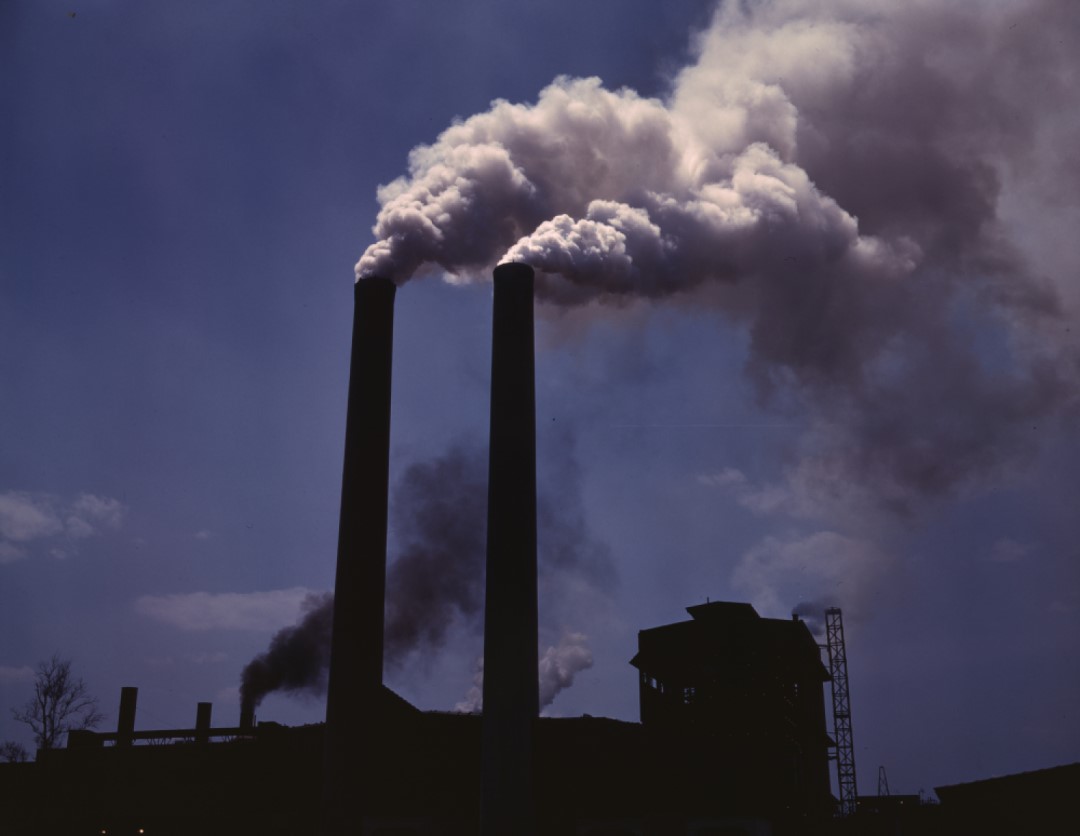
Air Pollution May Contribute to Development of Lung Cancer in Never-smokers, New Study Finds
On Jul. 2, 2025, a study jointly led by researchers at the University of California San Diego and the National Cancer Institute (NCI) reveals that air pollution, traditional herbal medicines and other environmental exposures are linked to genetic mutations that may contribute to the development of lung cancer in people with no or hardly any history of smoking.
Lung cancer has long been thought of as a smoker’s disease. But as tobacco use has declined in many parts of the world, a troubling trend has emerged: lung cancer in people who have never smoked is proportionally on the rise. Moreover, this form of cancer disproportionately affects women, particularly those of Asian ancestry, and tends to be more prevalent in East Asian than in Western nations.
The study published on July 2 in Nature has uncovered compelling genomic evidence that points to air pollution—and other environmental exposures—as a potential major factor behind this growing public health concern.
The team analyzed lung tumors from 871 never-smokers living in 28 regions with different levels of air pollution across Africa, Asia, Europe and North America. Using whole-genome sequencing, the researchers identified distinct patterns of DNA mutations—known as mutational signatures—that act like molecular fingerprints of past exposures.
By combining these genomic data with pollution estimates based on satellite and ground-level measurements of fine particulate matter, the researchers were able to estimate individuals’ long-term exposure to air pollution. They found that never-smokers living in more polluted environments had significantly more mutations in their lung tumors, particularly driver mutations—which directly promote cancer development—and mutational signatures linked to cancer—which serve as a record of all past mutagenic exposures. For example, these individuals had a 3.9-fold increase in a mutational signature linked to tobacco smoking and a 76% increase in another signature linked to aging.
In addition to air pollution, researchers identified another environmental risk: aristolochic acid, a carcinogen found in certain traditional Chinese herbal medicines. A specific mutational signature linked to aristolochic acid was found almost exclusively in lung cancer cases of never-smokers from Taiwan. Though aristolochic acid has previously been linked to bladder, gastrointestinal, kidney and liver cancers from ingestion, this is the first study to report evidence that it may contribute to lung cancer. The researchers suspect that these cases may arise from inhalation of traditional Chinese herbal medicines, but more data are needed to support their hypothesis.
Moving forward, the researchers are expanding their study to include lung cancer cases of never-smokers from Latin America, the Middle East and more regions of Africa. The researchers are also turning their attention to other potential risks. One focus is on marijuana and e-cigarette use, particularly among younger people who have never smoked tobacco. The team is investigating whether these exposures may also contribute to mutational changes in lung tissue. They also aim to study other environmental risks—such as radon and asbestos—as well as gather more detailed pollution data at local and individual levels.
Tags:
Source: University of California San Diego
Credit:
